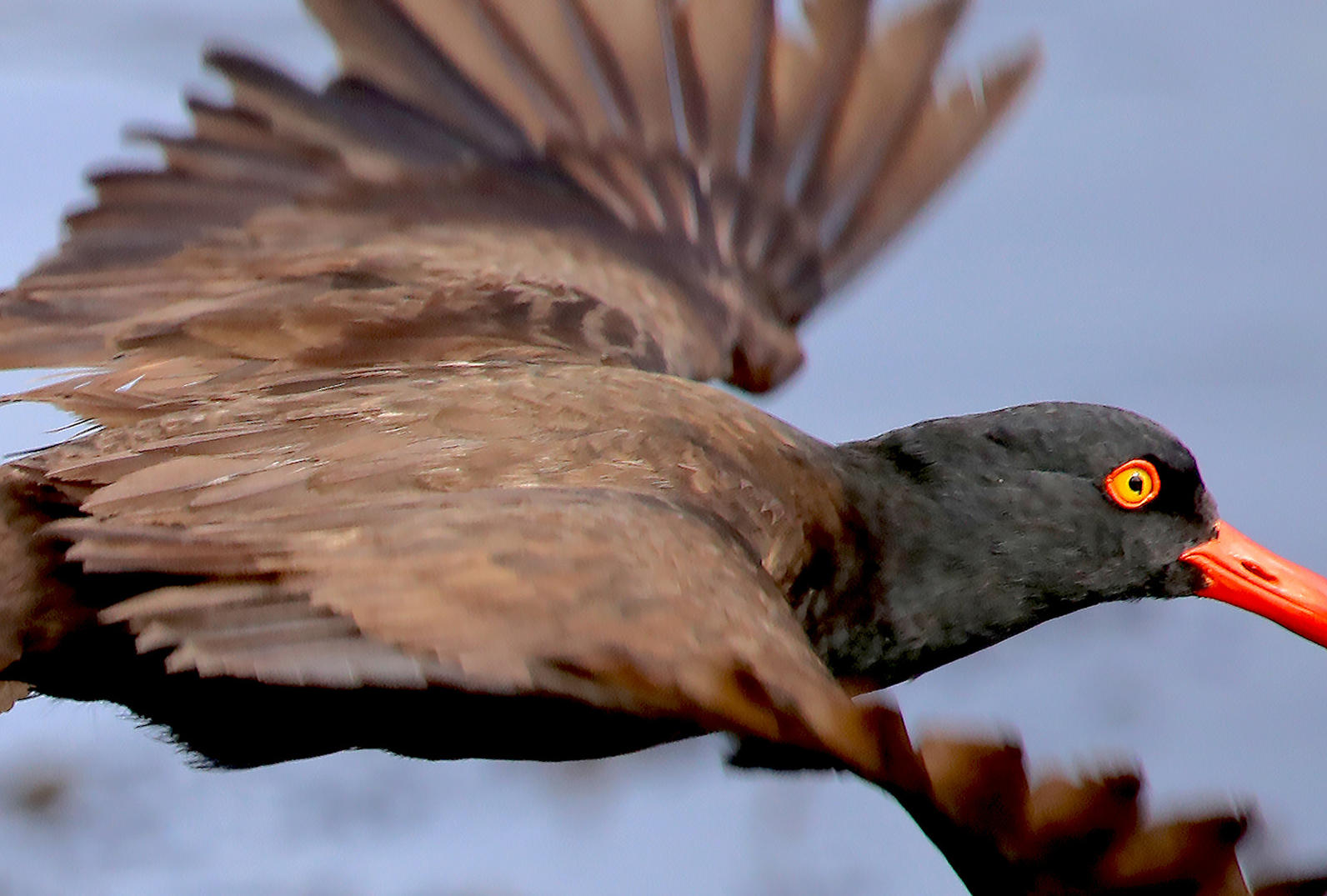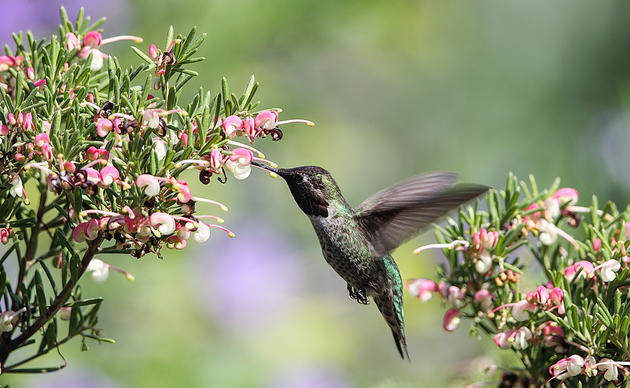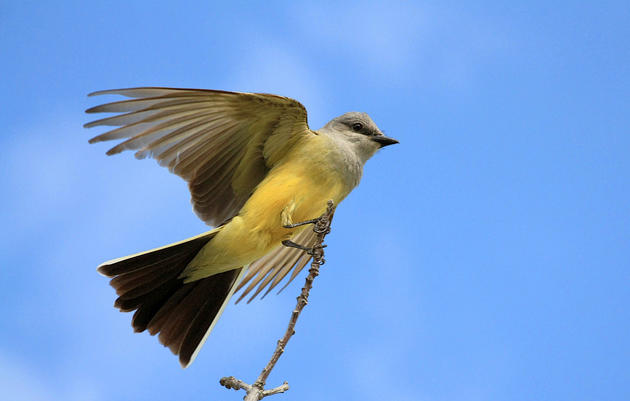
The Migratory Bird Treaty Act (MBTA) was passed 100 years ago today on July 3, 1918. The act states that it is unlawful to kill, hunt, sell or possess most native species of birds in the United States without a permit, and explicitly protects over 1000 species.
The celebration of this anniversary coincides with new threats to the law itself. Late in 2017 the Trump Administration issued a legal opinion saying it would no longer enforce illegal take and Rep. Liz Cheney introduced an amendment as part of a larger energy bill exempting oil and gas companies from the provisions of the act.
While the Act has sometimes been used to enforce for violations in egregious cases of bird killings, such as oil spills, its real value comes in compelling industries to proactively take steps to minimize harm to birds from their operations. The Administration’s new legal interpretation opens the door for industries like mining and oil drilling to kill migratory birds without attempting to avoid or mitigate such impacts.
Here in California, efforts are underway to continue protections for California’s migratory birds in the face of federal rollbacks.
Assembly Bill 2627, authored by Assembly Member Ash Kalra, would allow industries with activities that can harm significant numbers of birds to adopt best management practices to avoid that harm and thereby provide clear direction to support compliance with the existing law.
“So many of the birds that we love here in California continue to survive today in part thanks to the Migratory Bird Treaty Act,” added Rose. “This includes the Red-tailed Hawk, Sandhill Crane, Common Loon and Burrowing Owl. AB 2627 provides a way to ensure those species, and many others, can thrive for generations to come.”
As Audubon celebrates this founding victory we continue to work hard to defend it and the birds it protects.
By Rachelle House
Monthly Giving
Our monthly giving program offers the peace of mind that you’re doing your part every day.







